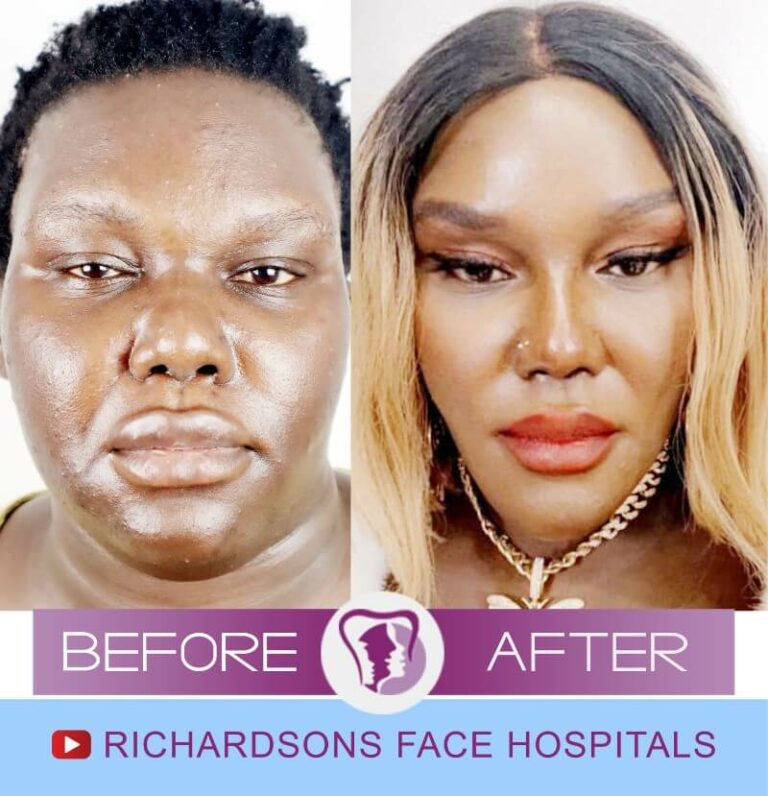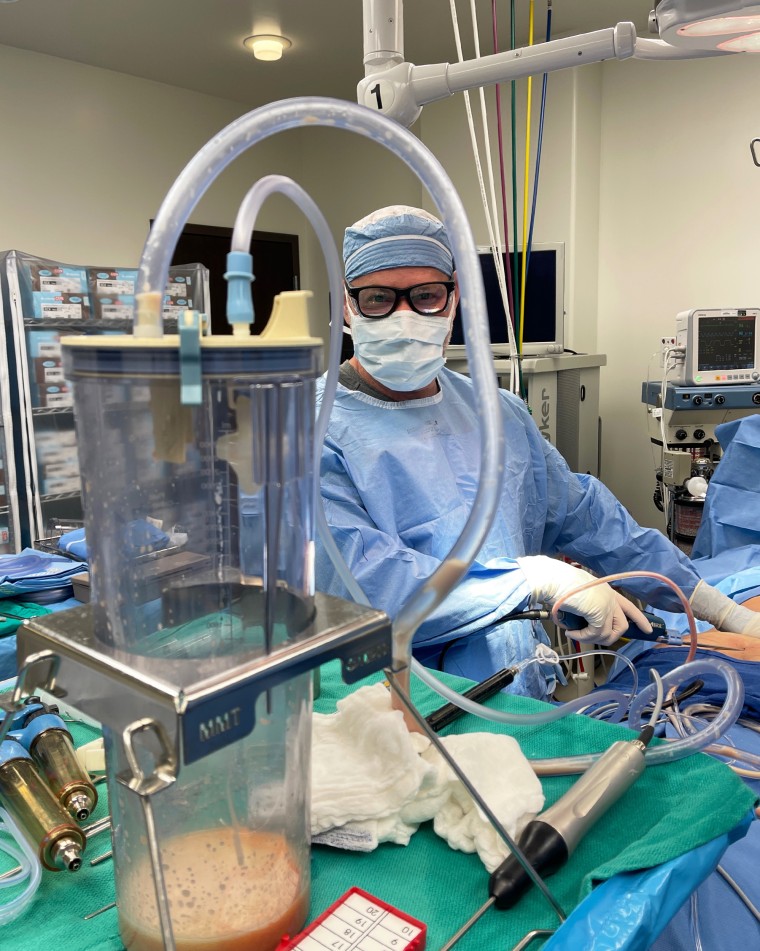A Deep Study the Typical Reason for Looking For Plastic Surgery: Unboxing the Desire for Adjustment and Self-Improvement

Social Stress and Charm Requirements
Regularly, social pressures and prevailing beauty requirements play a significant role in people' choices to seek cosmetic surgery (liposuction bellevue). In contemporary society, visual representation heavily affects personal perceptions of beauty, frequently perpetuated by media, star recommendations, and social platforms. These channels frequently advertise idyllic versions of charm, leading people to internalize these criteria and review their self-respect against them

Additionally, these pressures are not restricted to particular demographics; they impact people across different ages, sexes, and backgrounds, highlighting the prevalent nature of appeal requirements. This extensive influence raises vital concerns concerning the values of plastic surgery and the ramifications of societal requirements on individual selections. Eventually, comprehending these stress is critical for promoting a more comprehensive definition of elegance that celebrates diversity.
Individual Experiences and Transformative Stories
Several individuals who undergo plastic surgery record transformative experiences that expand beyond mere physical adjustments. For numerous, these procedures act as a driver for improved self-confidence and a restored sense of identification. People often define sensation freed from enduring insecurities, leading to raised confidence in both personal and specialist realms.
Take, for example, the story of a young lady who underwent boob job after years of sensation self-conscious concerning her look. Post-surgery, she reported not only a newfound comfort in her body however additionally a significant renovation in her social life and career chances. Similarly, a middle-aged guy that chose to undergo a facelift shared how the treatment renewed his overview on life, motivating him to go after new passions and partnerships.

Emotional Aspects Behind Cosmetic Surgical Treatment
Many psychological elements add to the choice to undertake cosmetic surgical treatment, reflecting deeper psychological and psychological health considerations. People often go after surgical improvements as a way to attend to sensations of insufficiency, low self-worth, or frustration with their appearance. These mental inspirations can be rooted in past experiences, social contrasts, or personal desires.
Body image distortion is a home prevalent problem, where people view their physical features in an exaggeratedly unfavorable light. This distortion can result in compulsive thoughts concerning perceived problems, prompting the wish for surgical change as a solution. In addition, the pursuit of excellence and societal stress can intensify these feelings, pressing people toward aesthetic treatments in hopes of attaining an idyllic version of themselves.
Moreover, the idea of self-improvement plays an important function. Many individuals see cosmetic surgical procedure as a pathway to enhance their lifestyle, thinking that improved appearance will result in enhanced social approval, far better relationships, or improved occupation possibilities. Eventually, the mental aspects behind plastic surgery underscore the intricate interaction in between private self-perception and external impacts, revealing the complex nature of the desire for adjustment.
The Function of Media in Assumption
In today's culture, media plays a pivotal duty fit assumptions of charm and self-regard. Via different systems-- social media sites, television, and advertising-- idyllic criteria of appeal are typically shared, affecting private goals and self-image. These representations regularly stress slim meanings of good looks, mainly featuring vibrant, slim, and digitally enhanced pictures, which can develop unrealistic benchmarks for individuals striving to adhere.
The influence of media is further intensified by the pervasive nature of social media, where go to these guys customers are pestered with curated web content that highlights cosmetic improvements, endorsing a society of comparison. This consistent direct exposure can result in sensations of insufficiency amongst viewers, triggering them to think about plastic surgery as a way of accomplishing the perceived suitable. Research study shows that people who involve with these media representations are more probable to reveal discontentment with their look, reinforcing the need for surgical treatments.
Moreover, the normalization of plastic surgery in media stories can desensitize audiences, mounting such procedures as commonplace and even needed for social acceptance. Hence, the media's portrayal of appeal not just affects private options concerning cosmetic surgery however likewise contributes to a more comprehensive societal dialogue concerning self-regard and identification.
Future fads and ethical factors to consider
Amidst the expanding popularity of cosmetic surgery, ethical factors to consider bordering the technique have actually become significantly famous. As the demand for procedures increases, so also do problems regarding educated approval, the emotional inspirations of patients, and the potential for exploitation by cosmetic surgeons. It is important for practitioners to make sure that patients completely recognize the risks and advantages, as well as the implications of their choices, to foster an accountable method to aesthetic improvements.
Furthermore, the influence of social networks and appeal standards questions about the influence on psychological health and wellness, especially amongst susceptible populaces. As awareness of body image problems grows, honest technique requires a careful assessment of the motivations behind medical treatments. Cosmetic surgeons have to stabilize person needs with ethical obligation, making sure that decisions are rooted in genuine self-improvement instead of societal pressures.
Wanting to the future, patterns may shift towards non-invasive and technically advanced procedures, highlighting patient safety and contentment. In addition, the incorporation of emotional assessments can assist attend to underlying issues prior to medical treatment. The cosmetic surgical procedure area need to adapt to these moral difficulties while click this site promoting a culture of transparency and self-acceptance, eventually focusing on the health of clients.
Verdict
In conclusion, the search of cosmetic surgical treatment is influenced by an assemblage of social pressures, personal experiences, and mental variables. As honest factors to consider evolve, future fads in cosmetic surgical procedure will likely mirror continuous social discussions bordering self-improvement and private identity.
Frequently, societal stress and dominating beauty criteria play a considerable duty in people' choices to seek cosmetic surgical treatment. liposuction bellevue. Inevitably, these transformative stories highlight the multifaceted factors people look for cosmetic surgery, intertwining individual growth with the quest of aesthetic improvement
Lots of people see cosmetic surgical procedure as a path to boost their quality of life, believing that enhanced look will certainly lead to enhanced social approval, much better relationships, or improved occupation chances. Inevitably, the emotional variables behind cosmetic surgical procedure highlight the complicated interplay between private self-perception and external impacts, disclosing the diverse nature of the need for adjustment.
As ethical factors to consider evolve, future trends in cosmetic surgical procedure will likely reflect ongoing social discussions surrounding self-improvement and specific identity. liposuction bellevue.